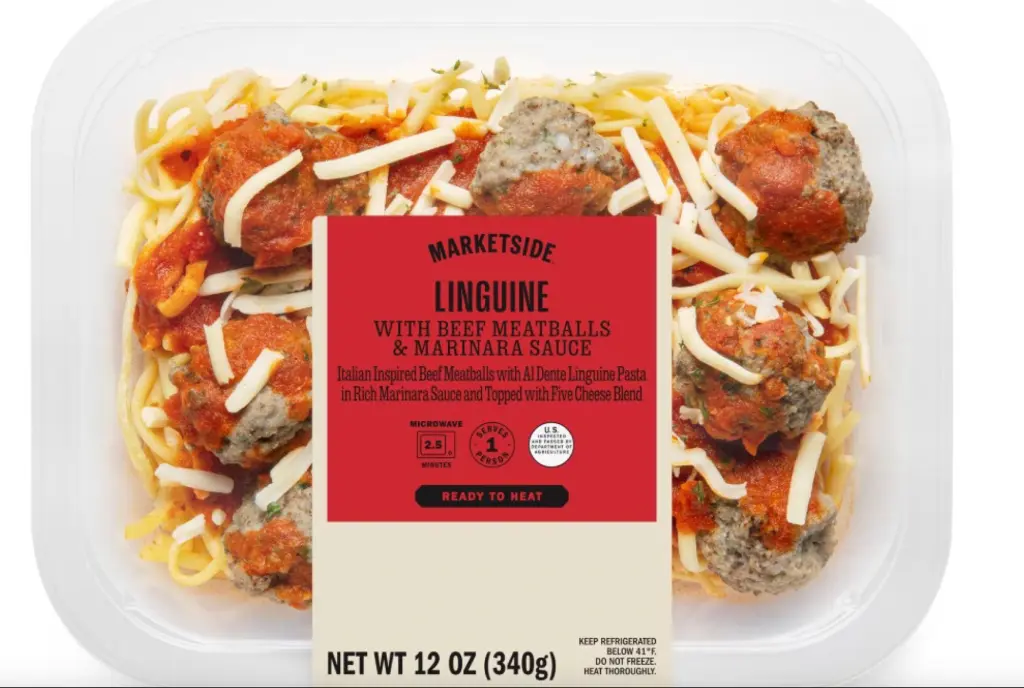California Company’s Pasta Recall Amid Deadly Listeria Outbreak: What You Need to Know
In a significant food safety development, Nate’s Fine Foods of Roseville, California, has recalled approximately 245,000 pounds (over 111,000 kilograms) of pre-cooked pasta products. This extensive recall, announced on September 25 and detailed in an FDA notice posted Thursday, comes in response to a deadly listeria outbreak that has sent shockwaves through the food industry. The affected products include various pasta types – linguine, fettuccine, penne, and others – that were distributed to major producers of ready-to-eat meals and pasta salads across the United States. The recall represents one of the larger food safety actions in recent months, highlighting the complex supply chain of prepared food products that many Americans rely on for convenient meals.
The situation became urgent after testing revealed that pasta manufactured by Nate’s Fine Foods contained the same strain of listeria bacteria found in chicken fettuccine Alfredo and meatball linguine products linked to a deadly outbreak. This outbreak has had severe consequences, resulting in four deaths and sickening 20 people since August 2024, with the most recent illness reported on September 11. The connection was confirmed through genetic sequencing conducted by FreshRealm, a San Clemente, California company that produced meals using the contaminated pasta. This scientific confirmation established a direct link between the pasta products and the outbreak, prompting swift action from regulatory agencies. The FDA and U.S. Agriculture Department have issued warnings advising consumers not to consume these foods and to either discard them or return them to stores for refunds, emphasizing the seriousness of the contamination.
The impact of this recall extends far beyond Nate’s Fine Foods, affecting numerous grocery chains and food retailers across the country. Major grocery stores including Sprouts, Giant Eagle, Kroger, and Trader Joe’s have all issued recalls for products containing the potentially contaminated pasta. Specific items range from deli counter pasta salads to packaged ready-to-eat meals. For instance, Sprouts has recalled its Smoked Mozzarella Pasta Salad sold from deli counters with best-by dates spanning from October 10 to October 29, while Kroger has pulled its deli bowtie and penne pasta salads sold between August 29 and October 2. The breadth of affected products demonstrates how a single contaminated ingredient can ripple through the food supply chain, affecting dozens of end products and multiple retailers.
The recall also includes several popular prepared meals that many consumers rely on for quick dinners. Trader Joe’s has recalled its Cajun Style Blackened Chicken Breast Fettuccine Alfredo in 16-ounce packages with various best-if-used-by dates spanning from September 20 to October 10. Walmart’s Marketside brand has pulled multiple products, including Linguine with Beef Meatballs & Marinara Sauce and Grilled Chicken Alfredo with Fettuccine in different sizes and with various expiration dates. Scott & Jon’s Shrimp Scampi with Linguini Bowls have also been recalled, with best-if-used-by dates extending remarkably far into the future – March 2027 – illustrating the long shelf life of some of these processed foods. Home Chef’s Chicken Fettuccine Alfredo has been recalled as well, affecting 12.5-ounce packages with best-by dates of June 19 or earlier. The extensive date ranges involved in these recalls indicate both the scope of the contamination and the prolonged period during which consumers might be at risk.
This outbreak and subsequent recall highlight the particular dangers of Listeria monocytogenes, the bacteria responsible for the contamination. Listeria is especially concerning as a foodborne pathogen because it can survive refrigeration temperatures, making ready-to-eat foods that aren’t reheated before consumption particularly risky. The bacteria can cause listeriosis, an infection that primarily affects pregnant women, newborns, older adults, and people with weakened immune systems. Symptoms typically include fever, muscle aches, headache, stiff neck, confusion, loss of balance, and convulsions, sometimes preceded by diarrhea or other gastrointestinal symptoms. In pregnant women, infections can lead to miscarriage, stillbirth, premature delivery, or life-threatening infection of the newborn. The four deaths associated with this outbreak underscore the potentially fatal nature of listeriosis, particularly for vulnerable populations.
The response to this outbreak demonstrates the critical importance of food safety surveillance systems and traceability in the modern food supply. The identification of the contamination source through genetic sequencing represents a technological advance that allows for more precise targeting of contaminated products. However, the wide distribution of affected products across multiple brands and retailers also reveals vulnerabilities in our food system, where contamination at a single supplier can lead to widespread risk. For consumers, this incident serves as a reminder to pay attention to food recall notices and to check their refrigerators and pantries for potentially affected items. It also highlights the importance of proper food handling and cooking techniques to reduce the risk of foodborne illness. As the investigation continues, food safety officials will likely examine what improvements could be made in manufacturing processes to prevent similar outbreaks in the future, potentially leading to enhanced safety protocols throughout the industry.


